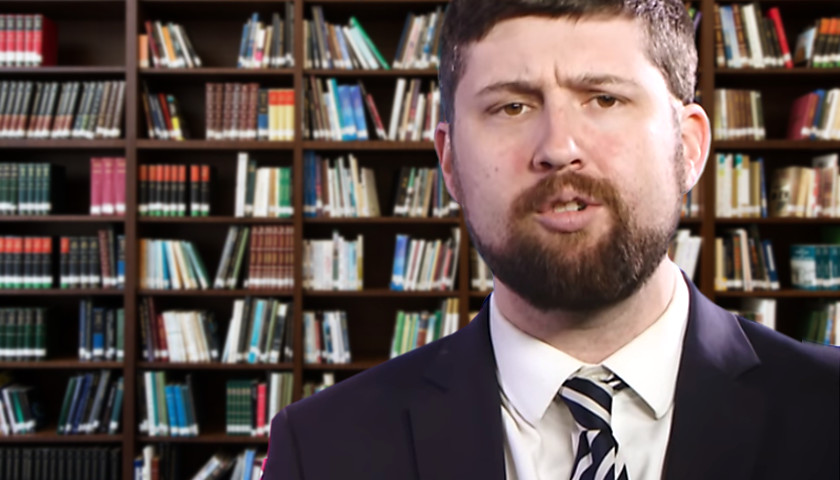Memorization and recitation became part of my life through a club I was part of in middle and high school. With the club, I had the opportunity to recite patriotic speeches and poems along with chapters from the Bible in front of an audience of veterans, law enforcement officers, and first responders just about every month. I loved seeing how the words recited touched the people listening.
Almost without fail, after we spoke, adults would come over to thank us, amazed by the fact that we could remember so much and recite it with such confidence. Often, people said something along the lines of “I never thought kids could do that” or “That’s more than I would ever be able to do.”
Read the full story








